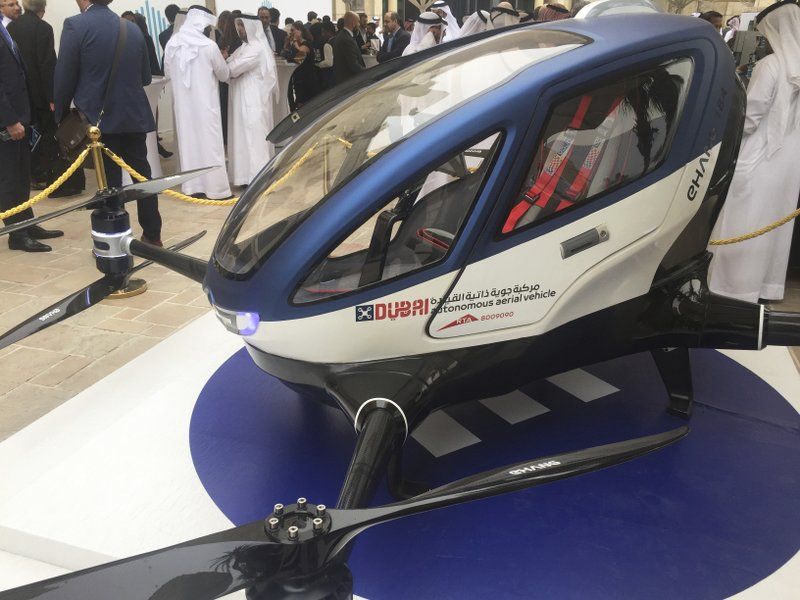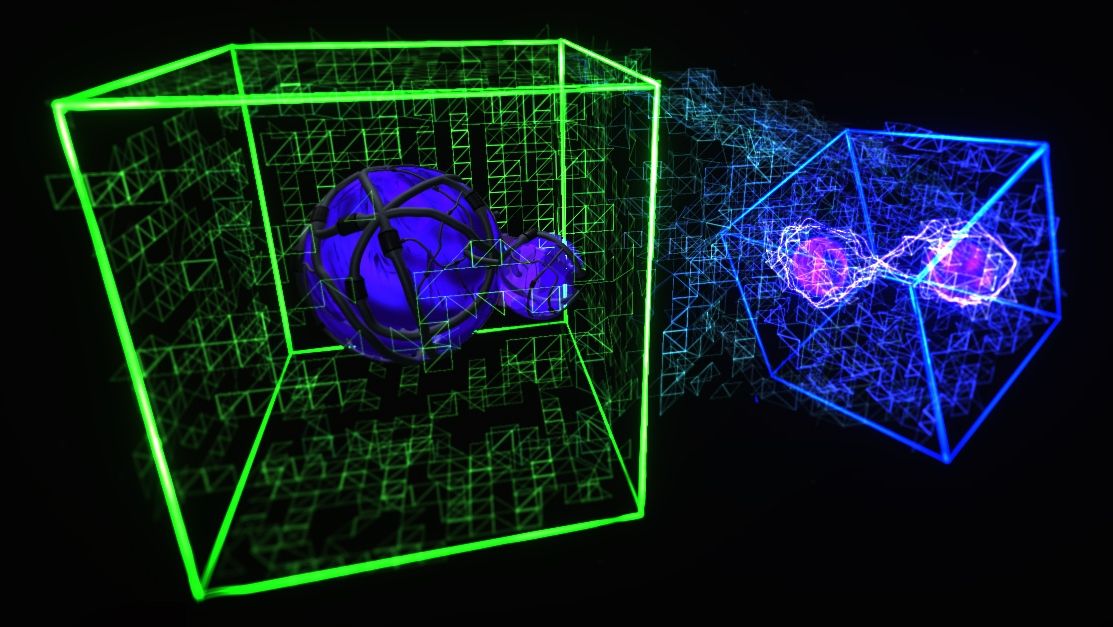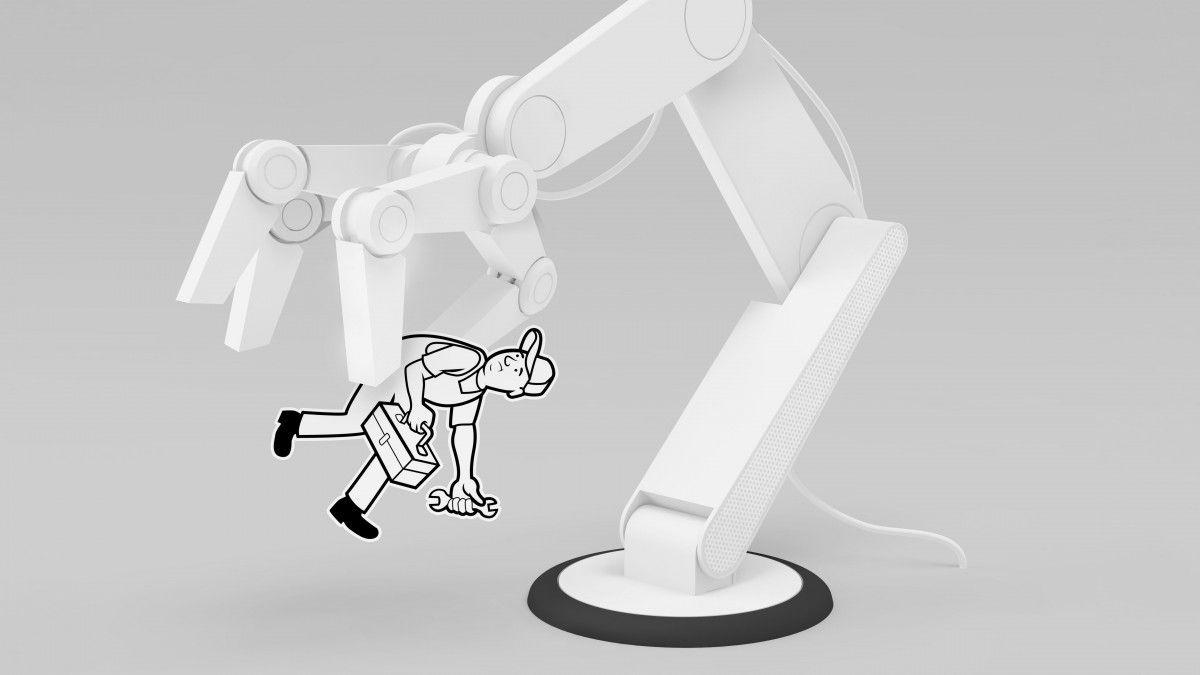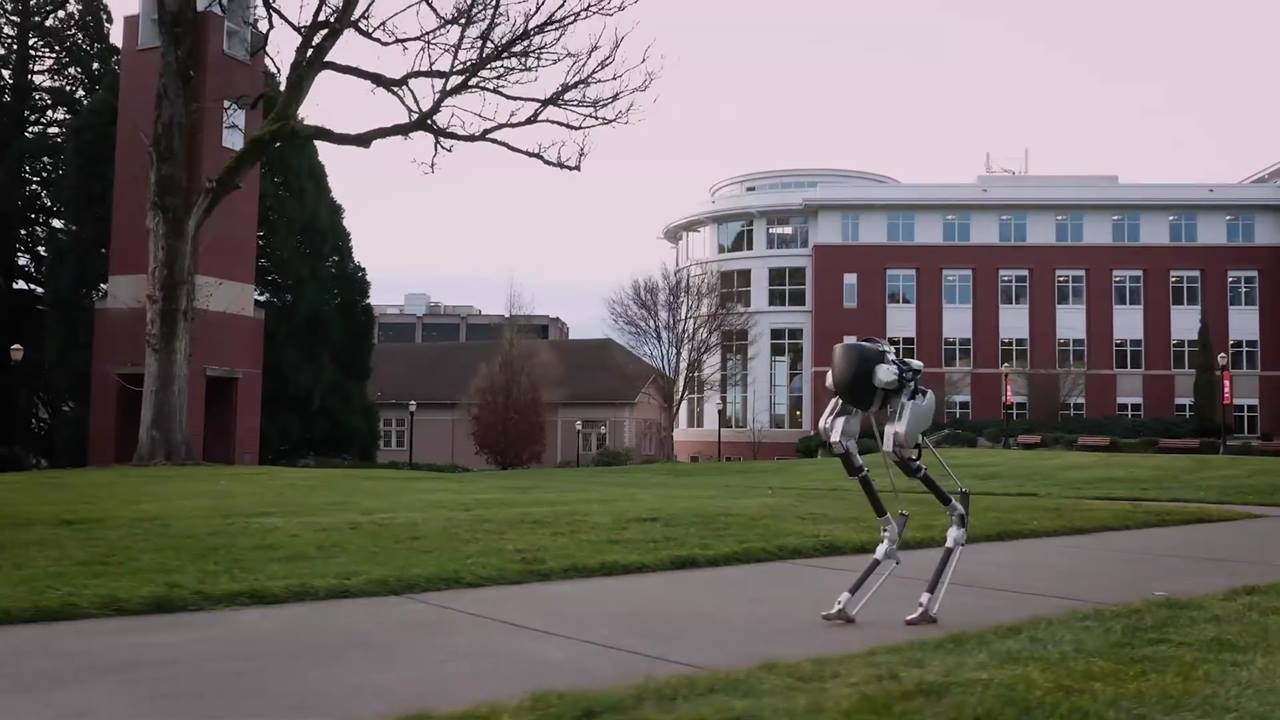Archive for the ‘robotics/AI’ category: Page 2184
Feb 13, 2017
Google’s “DeepMind‘ AI Understands The Benefits Of Betrayal
Posted by Bryan Gatton in categories: entertainment, robotics/AI

It’s looking increasingly likely that artificial intelligence (AI) will be the harbinger of the next technological revolution. When it develops to the point wherein it is able to learn, think, and even “feel” without the input of a human – a truly “smart” AI – then everything we know will change, almost overnight.
That’s why it’s so interesting to keep track of major milestones in the development of AIs that exist today, including that of Google’s DeepMind neural network. It’s already besting humanity in the gaming world, and a new in-house study reveals that Google is decidedly unsure whether or not the AI tends to prefer cooperative behaviors over aggressive, competitive ones.
Continue reading “Google’s ‘DeepMind‘ AI Understands The Benefits Of Betrayal” »
Feb 13, 2017
Ghost in the Shell Theatrical Trailer
Posted by Sean Brazell in categories: cybercrime/malcode, cyborgs, robotics/AI

Theatrical Trailer for Ghost in the Shell.
Cyborg counter-cyberterrorist field commander The Major (Scarlett Johansson) and her task force Section 9 thwart cyber criminals and hackers. Now, they must face a new enemy who will stop at nothing to sabotage Hanka Robotics’ artificial intelligence technology.
Feb 13, 2017
Up, up and away: Passenger-carrying drone to fly in Dubai
Posted by Dan Kummer in categories: drones, robotics/AI
DUBAI, United Arab Emirates (AP) — Up, up and away: Dubai hopes to have a passenger-carrying drone regularly buzzing through the skyline of this futuristic city-state in July.
The arrival of the Chinese-made EHang 184 — which already has had its flying debut over Dubai’s iconic, sail-shaped Burj al-Arab skyscraper hotel — comes as the Emirati city also has partnered with other cutting-edge technology companies, including Hyperloop One.
The question is whether the egg-shaped, four-legged craft will really take off as a transportation alternative in this car-clogged city already home to the world’s longest driverless metro line.
Feb 13, 2017
Elon Musk: Humans must merge with machines or become irrelevant in AI age
Posted by Carse Peel in categories: biological, cyborgs, Elon Musk, government, robotics/AI
Billionaire Elon Musk is known for his futuristic ideas and his latest suggestion might just save us from being irrelevant as artificial intelligence (AI) grows more prominent.
The Tesla and SpaceX CEO said on Monday that humans need to merge with machines to become a sort of cyborg.
“Over time I think we will probably see a closer merger of biological intelligence and digital intelligence,” Musk told an audience at the World Government Summit in Dubai, where he also launched Tesla in the United Arab Emirates (UAE).
Continue reading “Elon Musk: Humans must merge with machines or become irrelevant in AI age” »
Feb 13, 2017
Will androids dream of quantum sheep?
Posted by Andreas Matt in categories: mathematics, quantum physics, robotics/AI
Quantum replicants of responsive systems can be more efficient than classical models, say researchers from the Centre for Quantum Technologies in Singapore, because classical models have to store more past information than is necessary to simulate the future. They have published their findings in npj Quantum Information.
The word ‘replicant’ evokes thoughts of a sci-fi world where society has replaced common creatures with artificial machines that replicate their behaviour. Now researchers from Singapore have shown that if such machines are ever created, they’ll run more efficiently if they harness quantum theory to respond to the environment.
This follows the findings of a team from the Centre for Quantum Technologies (CQT), published 10 February in npj Quantum Information. The team investigated ‘input-output processes’, assessing the mathematical framework used to describe arbitrary devices that make future decisions based on stimuli received from the environment. In almost all cases, they found, a quantum device is more efficient because classical devices have to store more past information than is necessary to simulate the future.
Feb 13, 2017
Here’s how to use AI to make America great again
Posted by Shane Hinshaw in categories: economics, robotics/AI
Artificial intelligence could dramatically improve the economy and aspects of everyday life, but we need to invent ways to make sure everyone benefits.
Feb 12, 2017
A Vision to Bootstrap the Solar System Economy
Posted by Klaus Baldauf in categories: 3D printing, biological, economics, information science, robotics/AI, space, transportation
Early probes are one thing, but can we build a continuing presence among the stars, human or robotic? An evolutionary treatment of starflight sees it growing from a steadily expanding presence right here in our Solar System, the kind of infrastructure Alex Tolley examines in the essay below. How we get to a system-wide infrastructure is the challenge, one analyzed by a paper that sees artificial intelligence and 3D printing as key drivers leading to a rapidly expanding space economy. The subject is a natural for Tolley, who is co-author (with Brian McConnell) of A Design for a Reusable Water-Based Spacecraft Known as the Spacecoach (Springer, 2016). An ingenious solution to cheap transportation among the planets, the Spacecoach could readily be part of the equation as we bring assets available off-planet into our economy and deploy them for even deeper explorations. Alex is a lecturer in biology at the University of California, and has been a Centauri Dreams regular for as long as I can remember, one whose insights are often a touchstone for my own thinking.
By Alex Tolley

Feb 11, 2017
Will Superhuman AGI Be Our Friend or Foe?
Posted by Shane Hinshaw in categories: internet, robotics/AI, singularity, space travel, transhumanism
Let’s just go ahead and address the question on everyone’s mind: will AI kill us? What is the negative potential of transhuman superintelligence? Once its cognitive power surpasses our own, will it give us a leg-up in ‘the singularity’, or will it look at our collective track record of harming our own species, other species, the world that gave us life, etc., and exterminate us like pests? AI expert Ben Goertzel believes we’ve been at this point of uncertainty many times before in our evolution. When we stepped out of our caves, it was a risk – no one knew it would lead to cities and space flight. When we spoke the first word, took up agriculture, invented the printing press, flicked the internet on-switch – all of these things could have led to our demise, and in some sense, our eventual demise can be traced all the way back to the day that ancient human learnt how to make fire. Progress helps us, until the day it kills us. That said, fear of negative potential cannot stop us from attempting forward motion – and by now, says Goertzel, it’s too late anyway. Even if the U.S. decided to pull the plug on superhuman intelligence research, China would keep at it. Even if China pulled out, Russia, Australia, Brazil, Nigeria would march on. We know there are massive benefits – both humanitarian and corporate – and we have latched to the idea. “The way we got to this point as a species and a culture has been to keep doing amazing new things that we didn’t fully understand,” says Goertzel, and for better or worse, “that’s what we’re going to keep on doing.” Ben Goertzel’s most recent book is AGI Revolution: An Inside View of the Rise of Artificial General Intelligence.
Ben Goertzel’s most recent book is AGI Revolution: An Inside View of the Rise of Artificial General Intelligence.














